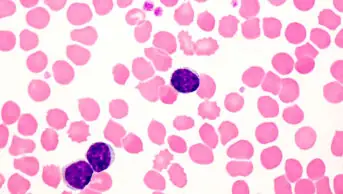
Cancer

As the number of patients being diagnosed and living with cancer continues to grow, pharmacists are playing an increasingly important role in supporting patients, working within multidisciplinary teams and improving outcomes.
However, as the number of new cancer medicines is increasing and considering the potential for adverse effects with traditional and new anticancer therapies, it is now more important than ever for pharmacists to have a solid understanding of the principles of cancer biology, its diagnosis and approaches to treatment and prevention.
Our collection of oncology content, brought to you in partnership with BeOne Medicines, has been organised into eight categories that can be accessed via the icons above or directly from the sections below.
If you have further topics that you would like to see included in the oncology collection, please contact the research and learning team.
Featured content


Management of Waldenstrom’s macroglobulinaemia
Supported content
How can pharmacists best support patients with chronic lymphocytic leukaemia?
Supported content
BTK inhibitors: what pharmacists need to know
Supported content
BRUKINSA: explore the possibilities in CLL
Promotional content
Bruton tyrosine kinase inhibitors and B-cell malignancies: a guide for pharmacists
Supported contentScreening and prevention

Cervical cancer prevention: advice and services

Colorectal cancer screening and the role of community pharmacy

Identifying patients with suspected cancer: red flags and referral
Solid cancers
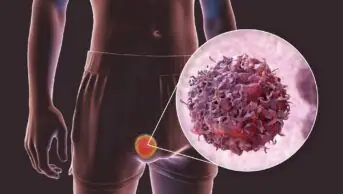
Testicular cancer: symptoms, diagnosis and management
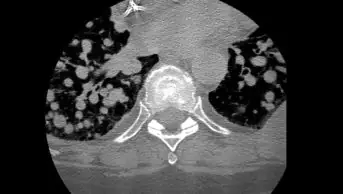
Lung cancer: screening, diagnosis and management
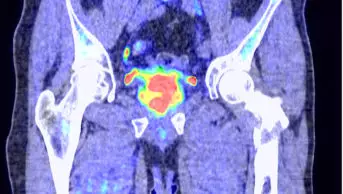
Prostate cancer: recognition and diagnosis

Liver cancer: screening, diagnosis and management
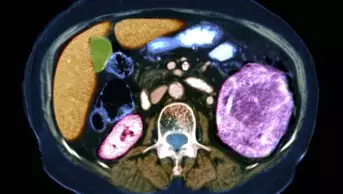
Renal cancer: management
Supported content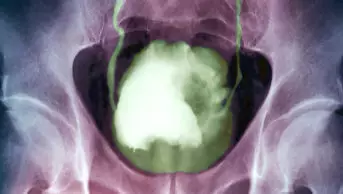
Bladder cancer: management
Supported content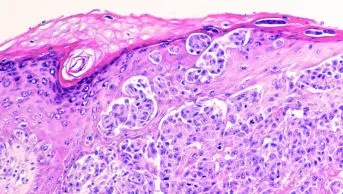
Melanoma: risk factors and advice on sunscreen use

Lung cancer: advances in management and therapy

Prostate cancer: treatment options

Prostate cancer: risk factors and diagnosis
Leukaemias

Chronic lymphocytic leukaemia: diagnosis and management
Supported content
How can pharmacists best support patients with chronic lymphocytic leukaemia?
Supported content
BTK inhibitors: what pharmacists need to know
Supported contentLymphomas and myelomas

Management of Waldenstrom’s macroglobulinaemia
Supported content
BTK inhibitors: what pharmacists need to know
Supported content
Monoclonal antibodies for the treatment of multiple myeloma
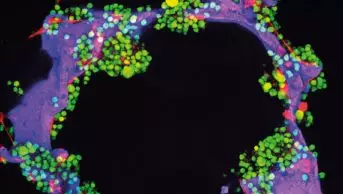
Multiple myeloma: pharmacological management
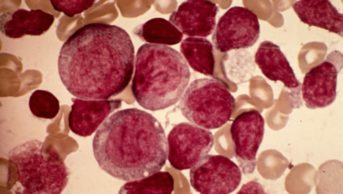
Treatment of acute and chronic lymphoid leukaemia

Lymphomas: current and future treatment options
Immunotherapy
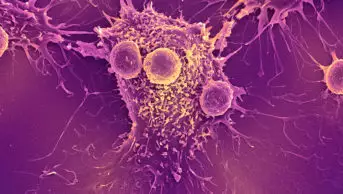
Medication restrictions for patients receiving CAR-T therapy
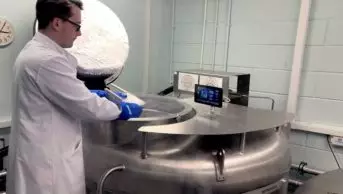
Implementing chimeric antigen receptor T-cell therapy in practice
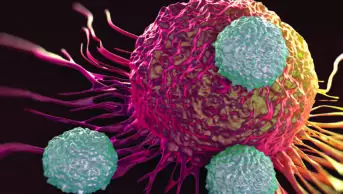
‘Beyond our wildest dreams’ – CAR-T therapies in multiple myeloma

Immuno-oncology agents for cancer therapy
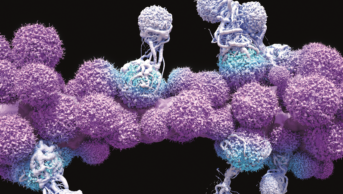
Immune checkpoint inhibitors in cancer: pharmacology and toxicities

Immune-related cancer toxicities: what pharmacists need to know
Supported contentSide effects and toxicities

Cancer-associated thrombosis

Immune checkpoint inhibitors in cancer: pharmacology and toxicities

Immune-related cancer toxicities: what pharmacists need to know
Supported content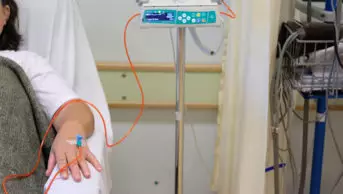
Overview of cancer treatment-related cardiovascular toxicity
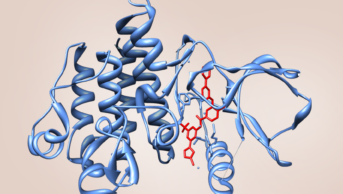
Pharmacokinetic considerations and challenges in oral anticancer drug therapy
Patient care

Routine delays: the cancer services struggling to treat patients on time
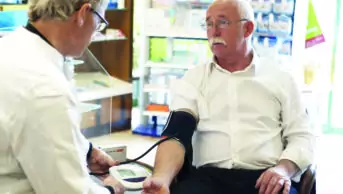
How to support cancer patients in community pharmacies
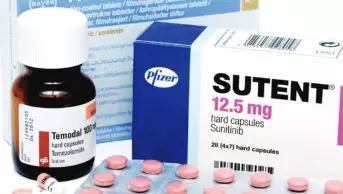
How to counsel cancer patients about their oral chemotherapy
Pharmacogenomics and future perspectives

The role of circulating tumour DNA in guiding cancer treatment and future applications

How close are we to developing an mRNA cancer vaccine?
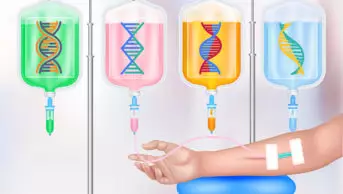
Cancer pharmacogenomics testing: are we hitting the mark?

DPYD genetic testing and the future of pharmacogenomic testing in routine care

The precision medicine approach to cancer therapy: part 1 — solid tumours

The precision medicine approach to cancer therapy: part 2 — haematological malignancies

Engineering precision: developing the next generation of antibody drug conjugates
About BeOne
Over the past 13 years, BeOne Medicines (formally BeiGene) has redesigned how medicines are discovered and developed, from research and clinical development through to manufacturing and commercial operations.
BeOne’s patient-centric philosophy is core to providing wide and rapid access to affordable, life-changing medicines globally, regardless of socioeconomic status. Our strategy means taking innovative approaches to clinical trials, enabling pricing and reimbursement flexibility within each market.
The BeOne approach to developing medicines is distinct in the pharmaceutical/biotech industry, ensuring that patients’ needs are prioritised at every step, bringing maximal positive impact.
You can find out more about BeOne here: beonemedicines.co.uk
BeOne has provided financial support for the creation of this dedicated hub page. The Pharmaceutical Journal does not have editorial control of this advertiser owned content labelled as ‘Promotional content’. However, The Pharmaceutical Journal retains editorial responsibility for independently created content that is financially supported by our commercial partners.
